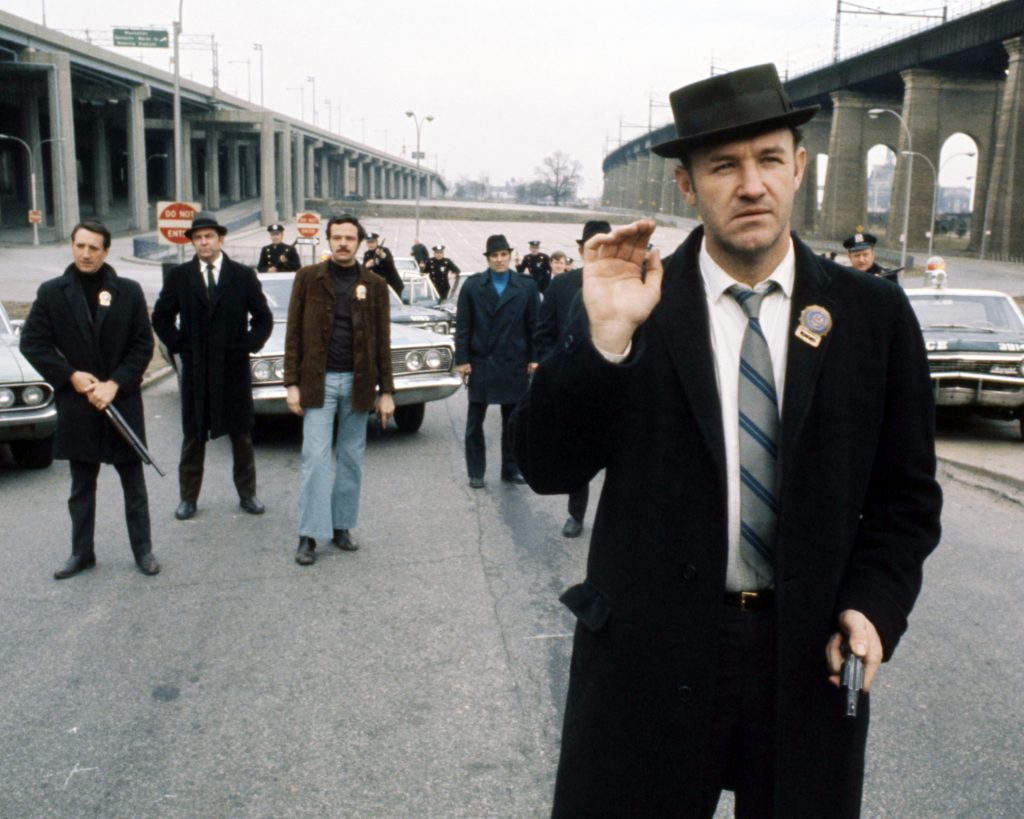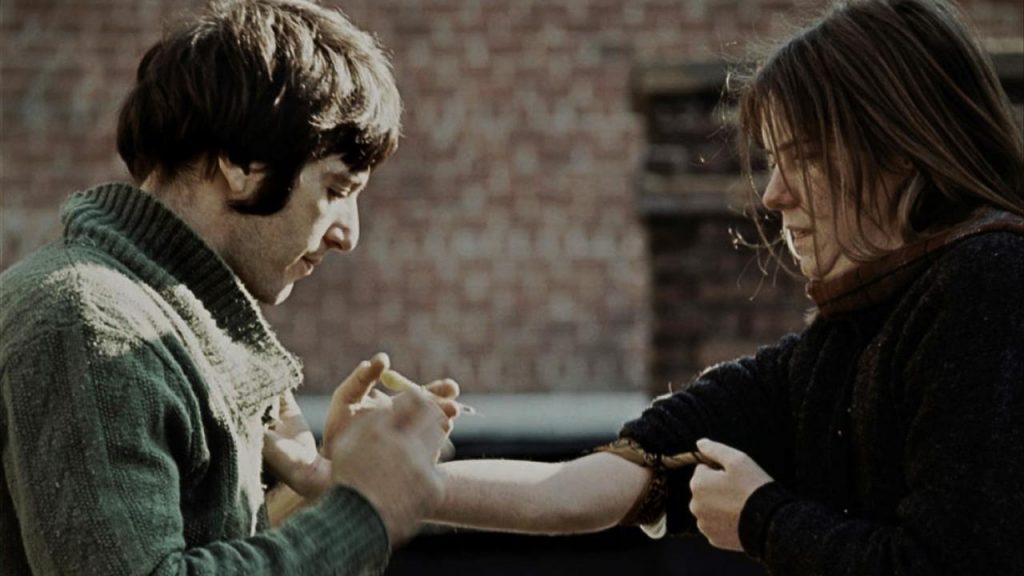Search
-
Recent Posts
- Dishing up Pulp Curry in a new way: why I am starting a Substack newsletter
- Book reviews: Deadly dames, midcentury Brit pulp and 1970s science fiction
- Mackenna’s Gold (1969): Gold, Ghosts and Frontier Violence
- Orphan Road book launch
- Orphan Road now available
- Pre-orders open for my new novel, Orphan Road
- Cover reveal: Orphan Road, my follow up to Gunshine State
- Breakfast in the Ruins podcast: New English Library Bikermania
- Why 1973 was the year Sidney Lumet took on police corruption
- Men’s Adventure Quarterly: Gang Girls issue
Categories
- 1960s American crime films
- 1970s American crime films
- 1980s American crime films
- 1990s American crime films
- Adrian McKinty
- Albert Dekker
- Andre De Toth
- Angela Savage
- Angie Dickinson
- Anthony Zerbe
- Asian noir
- Australian crime fiction
- Australian crime film
- Australian noir
- Australian popular culture
- Australian pulp fiction
- Australian television history
- Ava Gardner
- Beat culture
- Belmont Tower Books
- Ben Wheatley
- Billie Whitelaw
- Black pulp fiction
- Blaxsploitation
- Book cover design
- Book Reviews
- British crime cinema
- British pulp fiction
- Bryan Brown
- Burt Lancaster
- Carter Brown
- Charles Durning
- Charles Willeford
- Chester Himes
- Christopher G Moore
- Christopher Lee
- Cinema culture
- Claude Atkins
- Coronet Books
- Crawford Productions
- Crime Factory
- Crime Factory Publications
- Crime fiction
- Crime fiction and film from Africa
- Crime fiction and film from Cambodia
- Crime fiction and film from China
- Crime fiction and film from India
- Crime fiction and film from Indonesia
- Crime fiction and film from Japan
- Crime fiction and film from Laos
- Crime fiction and film from Latin and Central America
- Crime fiction and film from Malaysia
- Crime fiction and film from New Zealand
- Crime fiction and film from Scandinavia
- Crime fiction and film from Singapore
- Crime fiction and film from South Korea
- Crime fiction and film from Thailand
- Crime fiction and film from the Philippines
- Crime Fiction and film set in Vietnam
- Crime film
- Dangerous Visions and New Worlds Radical Science Fiction 1950 to 1985
- David Goodis
- David Peace
- David Whish-Wilson
- Derek Raymond
- Diana Dors
- Dirk Bogarde
- Don Siegel
- Don Winslow
- Donald Westlake aka Richard Stark
- Dystopian cinema
- Ernest Borgnine
- Eurocrime
- Fawcett Gold Medal Books
- Femme fatale
- Fernando Di Leo
- Filipino genre films
- Film Noir
- Forgotten Melbourne
- French cinema
- French crime fiction
- Garry Disher
- Gene Hackman
- George V Higgins
- Georges Simenon
- Ghost Money
- Giallo cinema
- Gil Brewer
- Girl Gangs, Biker Boys and Real Cool Cats: Pulp Fiction & Youth Culture, 1950-1980
- Gloria Grahame
- Gold Star Publications
- Gregory Peck
- Gunshine State
- Heist films
- Horror
- Horwitz Publications
- Humphrey Bogart
- Ian Fleming
- Interviews
- Ira Levin
- James Caan
- James Crumley
- James Ellroy
- James Hadley Chase
- James Woods
- Jim Brown
- Jim Thompson
- Joel Edgerton
- John Frankenheimer
- Joseph Losey
- Karen Black
- Kerry Greenwood
- Kinji Fukasaku
- Larry Kent
- Laura Elizabeth Woolett
- Lee Marvin
- Leigh Redhead
- Lindy Cameron
- M Emmet Walsh
- Mad Max
- Mafia
- Malla Nunn
- Martin Limon
- Megan Abbott
- Melbourne International Film Festival
- Melbourne Writers Festival
- Men's Adventure Magazines
- Michael Caine
- Michael Fassbender
- Mickey Spillane
- Monarch Books
- Ned Kelly Awards
- Neo Noir
- New English Library
- Newton Thornburg
- Noir Con
- Noir fiction
- Non-crime reviews
- Oren Moverman
- Orphan Road
- Ozsploitation
- Pan Books
- Parker
- Paul Newman
- Peter Boyle
- Peter Corris
- Peter Strickland
- Peter Yates
- Poliziotteschi
- Pulp fiction
- Pulp fiction in the 70s and 80s
- Pulp fiction set in Asia
- Pulp Friday
- Pulp paperback cover art
- Qui Xiaolong
- Raymond Chandler
- Richard Burton
- Richard Conte
- Robert Aldrich
- Robert Mitchum
- Robert Ryan
- Robert Stone
- Rock Hudson
- Roger Smith
- Rollerball
- Rosaleen Norton
- Roy Scheider
- Rural noir
- Sam Levene
- Sam Peckinpah
- Samuel Fuller
- Science fiction and fantasy
- Scripts Publications
- Sidney Lumet
- Sidney Poitier
- Simon Harvester
- Snowtown
- Snubnose Press
- Spies
- Stanley Baker
- Sterling Hayden
- Steve McQueen
- Sticking it the the Man Revolution and Counter Culture in Pulp and Popular Fiction 1950 1980
- Stuart Rosenberg
- Tandem Books
- Tart noir
- Tartan Noir
- Ted Lewis
- Toni Johnson Woods
- True crime
- Vicki Hendricks
- Victor Mature
- Vintage mug shots
- Vintage pulp paperback covers
- Wallace Stroby
- War film
- Westerns
- William Friedkin
- Woody Strode
- Yakuza films
- Yaphet Kotto
Nothing but noir
Recommended reading
The lurid world of pulp
- 20th century Danny Boy
- American Pulps
- Bear Alley
- Bloody, Spicy, Books
- Comics Down Under
- Everything second hand
- Existential Ennui
- Greenleaf Classic Books
- Irv O. Neil's Erotica is My Trade
- Killer Covers
- Lost Classics of Teen Lit 1939-1989
- Luminist Archives
- Men's Pulp Mags
- Mporcius Fiction Log
- Murder, Mayhem and Long Dogs
- Neglected Books
- Nocturnal Revelries
- Paperback Warrior
- Paperbacks of the Gods
- Pop Sensation
- Pulp artists
- Pulp Covers
- Pulp Crazy
- Pulp Flakes
- Pulp International
- Pulp Magazines Project
- Pulp Serenade
- Realms of the Night
- Romance Fiction Has a History
- Rough Edges
- Sin Street Sleaze
- Spy Guys and Gals
- The department of Afro American Research Arts & Culture
- The Dusty Bookcase
- The Haunted World of Richard Sala
- The Moon Lens
- The Nick Carter & Carter Brown Blog
- The Pulp & Paperback Fiction Reader
- Too Much Horror Fiction
- True Pulp Fiction
- Vault of Horror
- Vintage Nurse Romance Novels
- Vintage Romance Novels
- Welcome to the Pan Paperback
- Yellow and Creased
Support This Site
If you like what I do please support me on Ko-fi
Search Results for: french connection II
Rewatching French Connection II

Can we talk for a moment about just how good John Frankenheimer’s 1975 movie French Connection IIis?
It did okay but not spectacular business on release but I feel like it has never received much love from critics and crime film fans alike, for a number of reasons.
Firstly, it is a sequel and with few exceptions, like oft citedThe Godfather II (1974), we are always pretty meh about sequels, and rightly so.
Second, is the shadow of the 1971 original, The French Connection, which won a tonne of Oscars, including best picture, best actor for Gene Hackman as Detective Jimmy ‘Popeye’ Doyle, and best director for the then wunderkind, William Friedkin, and is one of the most famous, if not the most famous American crime film of the 1970s.
Third, is the director, John Frankenheimer, who started his career strong with The Manchurian Candidate (1962) and The Train (1964 ), but with a few exceptions – 52 Pick-Up (1986), the nasty little film he did for Canon, and The Island of Dr Moreau (1996), which I know a lot of people hate on but I love – didn’t seem to do a whole lot else of particular note. It is a filmography I have always found hard to engage with and I probably need to make more effort.… Read more
Posted in 1970s American crime films, 1980s American crime films, Gene Hackman, John Frankenheimer, Neo Noir, William Friedkin
Tagged 52 Pick Up (1986), Bernard Fresson, Black Rain (1989), crime fiction and film set in Marsaille, Fernando Rey, Gene Hackman, heroin in crime films, John Frankenheimer, The French Connection (1971), The French Connection II (1975), The Island of Dr Moreau (1996), The Manchurian Candidate (1962), The Train (1964), William Friedkin
Ten crime films about drug trafficking to see after The French Connection
In the process of researching and writing my latest piece for the CrimeReads site, on the real-life drug trafficking network that inspired William Friedkin’s ground-breaking 1971 crime film, The French Connection, I compiled a list of other movies directly or indirectly related to the film’s themes, the actual events that informed it, or that were influenced in some way by Friedkin’s classic. I didn’t have the space to include these details in my CrimeReads piece, but the list is below.
Panic in Needle Park (1971)
Around the same time that Popeye Doyle and Buddy Russo were pursuing Frog One through the winter streets of New York, The Panic in Needle Park was giving cinema goers a very different picture of the city’s heroin trade. Based on a 1966 novel and adapted for the screen by Joan Didion and John Gregory Dunn, Jerry Schatzberg’s film is an incredibly downbeat look at the trouble romance between two denizens of New York’s heroin scene, young addict, Helen, the very underrated Kitty Winn, and small-time dealer Bobby, played by Al Pacino. It has been a while since I’ve seen The Panic In Needle Park but from memory it depicts the full spectrum of drug scene related experiences, including police harassment, prostitution, and the chemical highs and lows of addiction.… Read more
Posted in 1960s American crime films, 1970s American crime films, 1980s American crime films, 1990s American crime films, Anthony Zerbe, Crime fiction and film from Thailand, Crime film, Gene Hackman, John Frankenheimer, Mafia, Poliziotteschi, Robert Stone, Sidney Lumet, Stuart Rosenberg, William Friedkin
Tagged Air America (1990), Dirty Harry (1971), Enzo G. Castellari, Fabio Testi, Gene Hackman, Hit (1973), Jerry Schatzberg, John Frankenheimer, Midnight Express (1978), Panic In Needle Park (1971), Prince of the City (1981), Roger Spottiswoode, The French Connection (1971), The French Connection II (1975), The Godfather (1972), The Heroin Busters (1977), Who'll Stop the Rain (1978), William Friedkin, Year of the Dragon (1985)






















